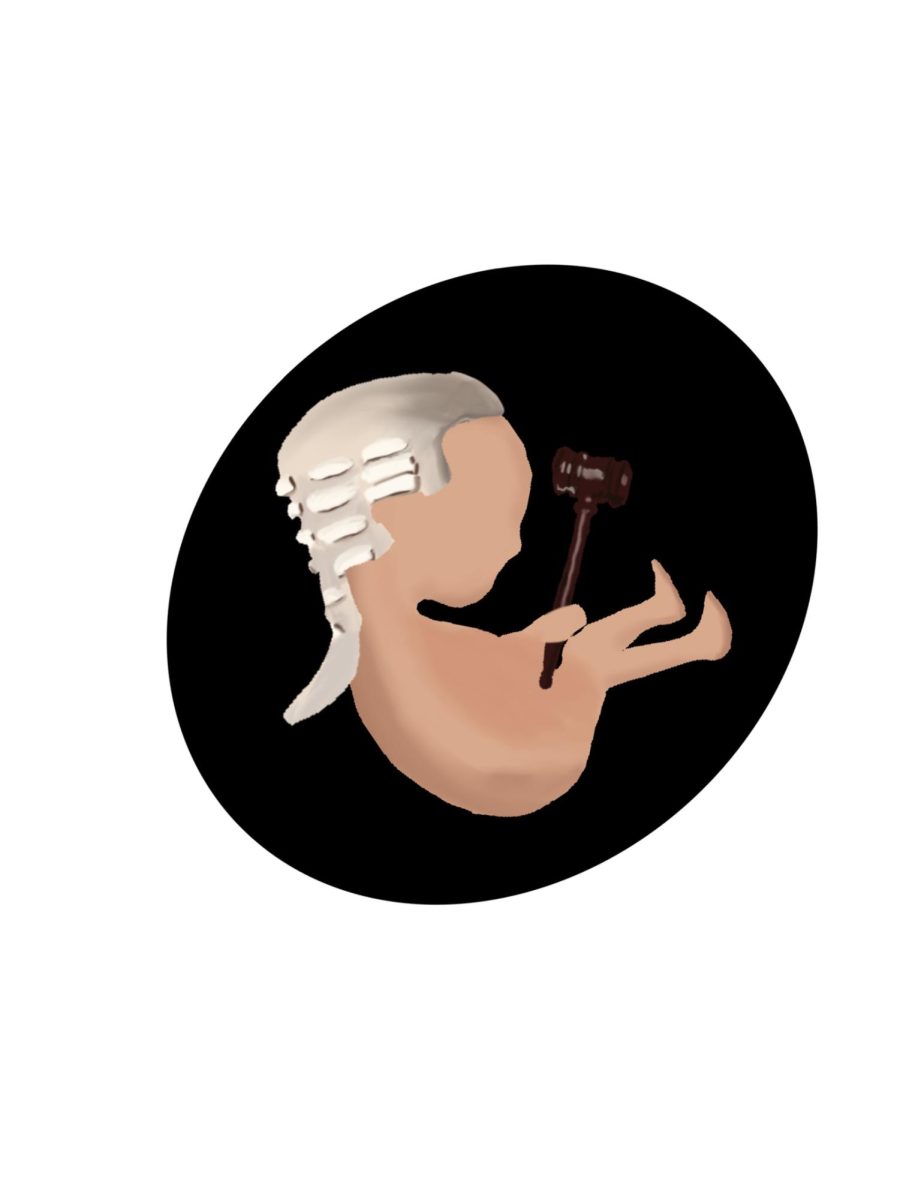There are 14 states considering bills right now that would grant fetal personhood. One of the complications after overturning Roe v. Wade is that there is no longer standard legislation on topics related to abortion. Though these states are considering similar bills, they are all approaching it differently.
The Roe v. Wade ruling declared that a fetus cannot be considered a person until 24 weeks — when it is viable outside of the womb. Fetal personhood bills are an issue because they are trying to regulate abortion and would allow states to control pregnant people. According to abortion law historian Mary Ziegler, if fetuses were considered children, then someone pregnant could be prevented from receiving certain health treatments in the name of child endangerment laws, for example, if the hypothetical pregnant person needed to undergo chemotherapy for cancer treatment.
Even though abortion is already illegal in many states, a bill accepting an embryo as a person could mean that people are punished for having abortions in other states, similar to abortion travel bans. It also gets confusing with in vitro fertilization in states such as Alabama, where they consider fertilization the beginning of personhood. These facilities destroy the fertilized eggs after a certain amount of time, but that would then mean they are causing the “death of an unborn person” and could result in a felony. This language of defining a fetus or embryo as a person is even being snuck into other bills. In Kentucky, for example, they are considering the right to be able to demand child support for a fetus.
These bills would not only create a situation limiting reproductive rights but also ensure that the reproductive rights that have already been stripped away will stay in place unless a national law or case takes legal superiority. Abortion should be a legal right because it is exercising the right of bodily autonomy, and these bills aim to further separate people from that.








